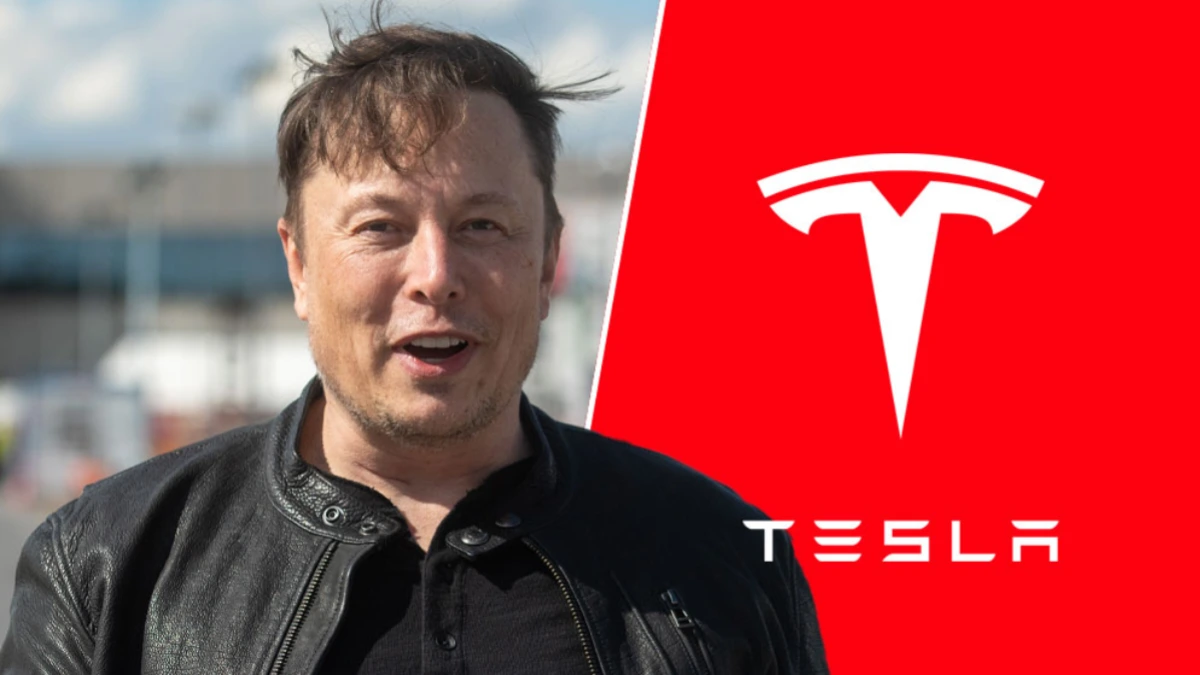Tesla Inc. shareholders are facing a high stakes vote on CEO Elon Musk’s proposed $1 trillion compensation package, as the company’s board chair warns that failing to approve the plan could jeopardize Musk’s leadership and the electric vehicle maker’s future ambitions.
Robyn Denholm, Tesla’s board chair, issued a letter to investors Monday, urging support for the performance based pay package ahead of the company’s annual meeting.
Denholm emphasized that Musk’s departure could significantly reduce Tesla’s market value, particularly as the company expands its focus beyond electric vehicles into artificial intelligence and robotics.
“Without Elon, Tesla could lose substantial value, as our company may no longer be valued for what we aim to become,” Denholm wrote. “We are at an important inflection point, and Elon’s vision and leadership are central to the opportunities ahead.”
The proposed compensation package, first outlined in September, is tied to ambitious performance milestones over the next decade.
If Tesla achieves targets such as increasing market capitalization from roughly $1.38 trillion to $8.5 trillion, deploying one million humanoid robots, and selling 20 million vehicles annually, Musk could receive up to 423 million additional shares.
This would boost his current stake of about 13 percent to nearly 25 percent. Denholm stressed that the package is not only about monetary compensation but also about granting Musk increased voting power, which he has sought for controlling strategic decisions.
Musk referenced his plans for Tesla’s Optimus robots during a recent earnings call, noting, “If we build this robot army, do I have at least a strong influence over that robot army? I don’t feel comfortable building that robot army if I don’t have at least a strong influence.”
The plan has drawn criticism from institutional investors and corporate governance advocates. Proxy advisory firm Institutional Shareholder Services recommended that shareholders vote against the package, citing its extraordinary size and the potential for excessive executive influence.
Glass Lewis has also voiced concerns about board independence. A coalition of unions, pension funds, and watchdog organizations recently launched the Take Back Tesla campaign, highlighting Musk’s political affiliations and past amplification of controversial views, which some argue have tarnished the company’s brand.
“Shareholders should weigh both the financial and governance implications of this plan,” said Jennifer Lane, a corporate governance expert at Stanford University.
“A package of this magnitude could concentrate power in one individual and diminish oversight mechanisms that are crucial for long term stability.”
Tesla reported third quarter results last week, posting a 12 percent increase in revenue after two consecutive quarters of decline but falling short of earnings expectations.
Analysts noted that Tesla’s ambitious long term goals contrast with recent operational challenges, including supply chain disruptions and rising costs.
The $1 trillion plan would grant Musk 12 tranches of shares contingent on specific achievements. Financial analysts have noted that even partial realization of the milestones would have significant implications for Tesla’s share structure and market capitalization.
“From a financial standpoint, the plan aligns Musk’s incentives with Tesla’s growth, but the sheer scale raises questions about dilution and voting power,” said Carlos Vega, an independent equity analyst in San Francisco.
Shareholders remain divided over the proposal. Some investors argue that Musk’s leadership has been pivotal in transforming Tesla from a niche electric car company into a global tech innovator, and that the package rewards long term value creation.
Others express concern that granting Musk expanded voting rights alongside a massive compensation award could weaken board oversight and set a precedent for concentrated executive control.
“I’ve supported Musk for years because of his vision, but this package feels extreme,” said Angela Roberts, a Tesla shareholder from Austin, Texas. “I want to see clear accountability and realistic performance benchmarks before backing it.”
The vote on Musk’s compensation plan is scheduled for the upcoming annual meeting. Approval could cement Musk’s leadership and reinforce Tesla’s strategic focus on artificial intelligence and robotics.
Rejection, however, could prompt questions about the company’s direction and trigger discussions about executive succession.
Industry analysts note that the decision will have broader implications for tech and automotive sectors, as it may influence how performance based compensation packages are structured for top executives in companies pushing frontier technologies.
Tesla’s $1 trillion proposed pay package for Elon Musk has sparked intense debate among shareholders, governance experts, and market analysts.
With significant implications for the company’s leadership, strategic direction, and shareholder rights, the upcoming vote will be closely watched as Tesla seeks to balance visionary ambitions with corporate accountability.
